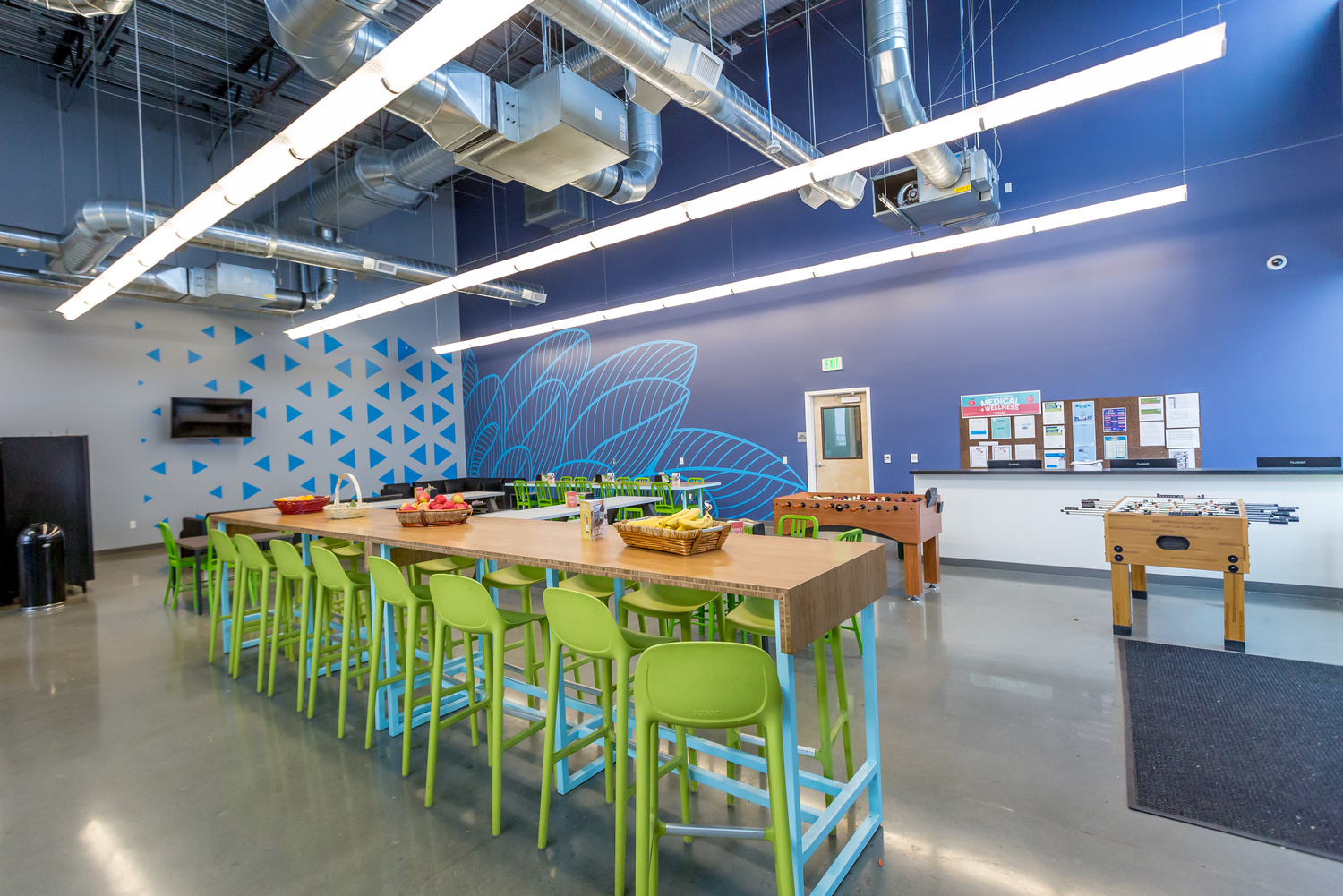Economy Watch: Tech’s Effect on the Office Leasing Market
How much does the tech industry affect the commercial real estate market?
By Dees Stribling, Contributing Editor
Tech is the most ballyhooed part of the economy. It’s mysterious to many people, but it seems to make our lives better — or at least more convenient. Yet how much does the tech industry affect the commercial real estate market? Quite a lot, it turns out, especially the office market. Recently CBRE took up the question in a report, “Tech-Thirty 2015,” which noted that the high-tech software/services industry created 730,000 new jobs nationwide, representing a growth rate of 34 percent since 2009 — or one-fifth of all new office-using jobs. The sector was also the leading driver of U.S. office market demand, accounting for 20 percent of major leasing activity in 2015.
While office-space users, and particularly tech office-space users, take fewer square feet per employee than many other businesses, or even than the tech industry did before the 2000s, an increase in hiring at that rate is going to spur office leasing. Naturally, some markets are benefiting much more than others, since as an industry, tech tends to be clanish and localized. Unsurprisingly, San Francisco has been the top market for tech hiring for four years, according to the report, with its high-tech job base up 43 percent over than span. Phoenix shared the top high-tech job growth rate of 43 percent with San Francisco, but created 4,300 fewer new jobs.
Other markets also did very well in tech hiring, such as Austin and Silicon Valley, but the surprise among the 24 markets that exceeded the U.S. high-tech software/services job growth rate of 5.7 percent between 2012 and 2014 was Nashville, with a growth rate of 23 percent, thus coming in among the top five markets. CBRE also noted that 16 North American markets posted double-digit rent growth over the past two years, led by San Francisco (up 31 percent), Silicon Valley (28 percent), Raleigh-Durham (23 percent), San Francisco Peninsula (21 percent) and Vancouver (18 percent). Tech leasing was certainly a factor in rental growth.
In fact,the strong performance of high-tech submarkets led to substantial rent premiums among the top 30 tech office markets — the aggregate premium was 11 percent, the report explained. Within specific markets, premiums were as high as 87 percent in East Cambridge, 85 percent in Santa Monica, and 73 percent in Mountain View, all well-establish tech markets in which tenants expect to pay platinum-plated prices. On the other hand, discounts were available in a number of emerging tech submarkets, including Reston/Herndon (23 percent), St. Louis CBD (17 percent) and Northeast Charlotte (12 percent).






